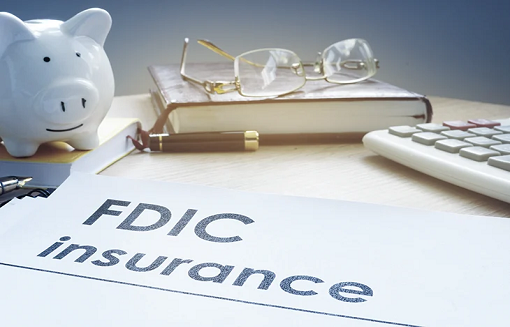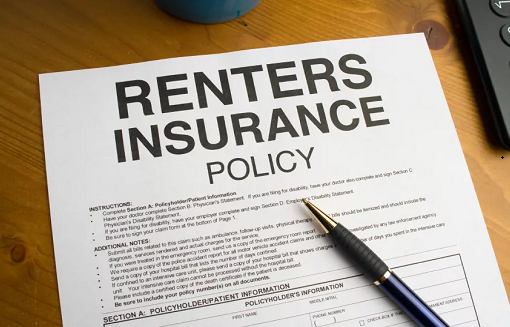In today’s financial landscape, ensuring the safety of your hard-earned money is paramount. One of the key mechanisms that provide this peace of mind is the Federal Deposit Insurance Corporation (FDIC) insurance. This insurance is design to safeguard your accounts in the event of a bank failure or crisis. Whether you’re a senior looking to protect your retirement funds or someone of any age keen on financial security, understanding FDIC insurance is essential. Let’s explore the 7 things seniors should know about FDIC insurance.
1. What Is FDIC Insurance?
FDIC insurance, short for Federal Deposit Insurance Corporation insurance, is a government-backed program in the United Kingdom that guarantees the safety of your bank deposits up to £85,000 per person, per bank. In essence, it acts as a financial safety net, ensuring that your money is protected even if your bank faces financial troubles.
2. Coverage for Your Accounts
One of the primary reasons to appreciate FDIC insurance is its coverage. This insurance applies to various types of accounts, including savings, checking, certificates of deposit (CDs), and money market accounts. This means that the funds you have in these accounts are secure up to the specified limit, making it a reliable shield for your hard-earned cash.
3. Understanding the £85,000 Coverage Limit
For most individuals, the £85,000 coverage limit is more than sufficient to safeguard their deposits. However, it’s essential to be aware of this limit. In the event that you have more than £85,000 across multiple accounts within the same bank, the excess amount may not be cover by FDIC insurance. Being inform about this limit helps you make inform decisions about how and where to spread your funds.
4. Account Ownership Matters
When it comes to FDIC insurance, how your accounts are structure can affect the coverage. Accounts can be owned individually, jointly, or in trust, and each type of ownership has its own coverage limits. It’s crucial to understand these distinctions to maximize your protection.
5. Ensuring Your Funds Are Insured
To maximize your FDIC insurance coverage and ensure your funds are protected:
Diversify Your Banks: Spread your deposits across different banks to stay within the £85,000 limit for each institution.
Understand Joint Accounts: If you have a joint account, the £85,000 coverage applies to each account holder individually, potentially doubling your protection.
Review Beneficiaries: Periodically review the beneficiaries on your accounts to ensure your assets are distribute according to your wishes.
Stay Informed: Keep track of changes in FDIC regulations or your bank’s status to maintain your financial security.
6. Additional Resources for Financial Security
Ensuring your financial security goes beyond FDIC insurance. Here are some external resources that can help you on your journey:
UK Financial Services Compensation Scheme: Explore the FSCS for additional protection on various financial products.
Bank of England: Stay updated on UK financial stability and monetary policy.
Money Advice Service: Get expert advice on managing your money effectively.
Conclusion
In an unpredictable financial world, having a safety net for your accounts is indispensable. FDIC insurance is a vital component of this safety net, offering peace of mind and protection for your hard-earned money. Whether you’re a senior planning for retirement or anyone looking to secure their finances, understanding FDIC insurance is a crucial step towards financial security. By following the guidelines mentioned here and staying informed, you can ensure that your funds remain safeguarded and your financial future remains bright.
7. FAQs
Q1: Is FDIC insurance limited to specific banks?
No, FDIC insurance covers deposits made in banks that are members of the program. Most UK banks are members, but it’s wise to confirm the status of your bank.
Q2: Is interest earned on my deposits covered by FDIC insurance?
Yes, FDIC insurance covers both the principal amount and any accrued interest on eligible deposits.
Q3: What happens if my bank fails?
If your bank fails, FDIC insurance steps in to return your insured deposits within a reasonable timeframe, usually within a few days.
Q4: Are foreign currency deposits covered?
FDIC insurance typically covers deposits in pounds sterling, but it’s crucial to confirm with your bank if you have foreign currency deposits.
Q5: Is there a fee for FDIC insurance?
No, there is no direct fee for FDIC insurance. Banks pay premiums to the FDIC, which, in turn, funds the insurance program.







